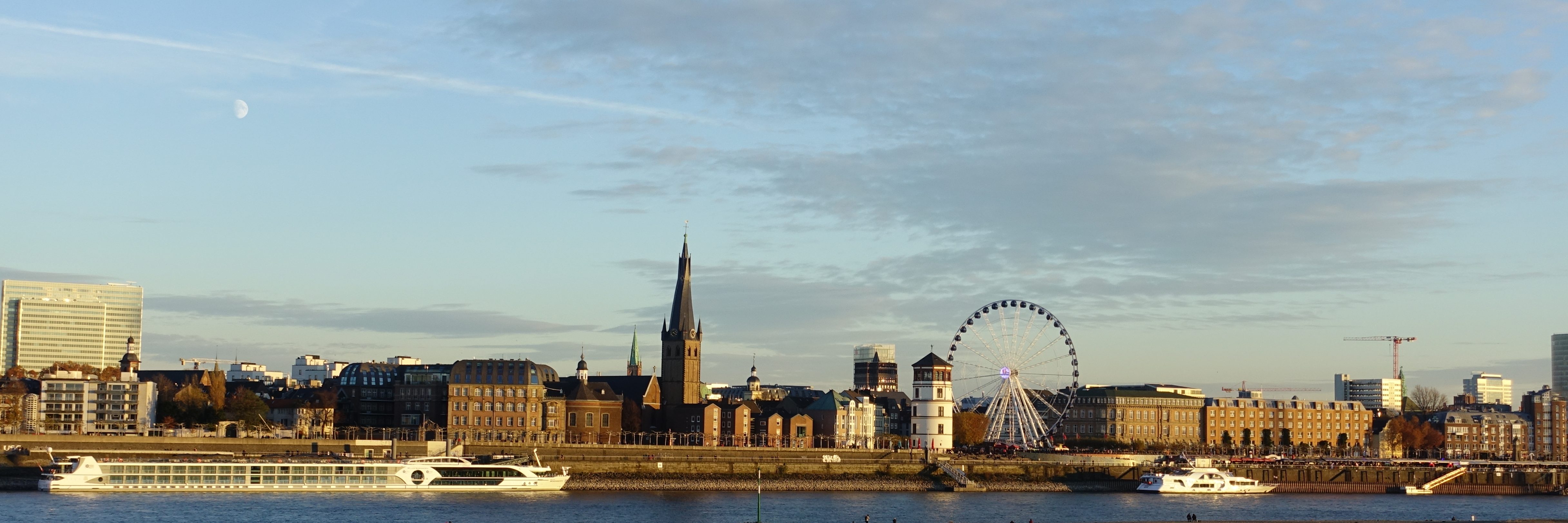The blog 'The Philosophical Worldview Artist (Weltanschauungskunst für alle Weltanschauer) run by one Douglas Robertson (no idea who he is) publishes fine translations of German-language texts, including this typically scorching 1984 interview with Thomas Bernhard:
FLEISCHMANN: But surely with distance one ought to be able to write about the past more composedly.
BERNHARD: That’s the big cliché about contemplating the past, and it’s obviously totally false. Old people can write books like that when they’re sitting paralyzed in their armchairs, but it’s not my mode, not yet; maybe the day after tomorrow I’ll still be excited; whenever I write anything, even something peaceful, I’m still basically excited. In any case, excitation is a pleasant condition; when your blood is sluggish, excitation gets it moving, pulsing; it keeps you alive, and consequently keeps the stream of books flowing. Without excitation there’s absolutely nothing; you might as well stay in bed. Now for you, Miss Fleischmann (laughs), being in bed is of course only a way of passing the time when you’re excited—right?—and being in a book is every bit as much a pastime. Writing a book is after all a kind of sexual act, but one that happens at a more leisurely pace than the literal act, which one engaged in when one was younger; it is, to be sure, much more pleasant to write a book than to go to bed with somebody.FLEISCHMANN: Do you regard writing as a substitute for sexual fulfillment?BERNHARD: “Sexual fulfillment” is just a catch-phrase, like, for example, “self-development.” It’s unadulterated bullshit. But of course I’ve already said what writing is. I’d just be repeating myself if I said any more about it.FLEISCHMANN: In this book Vienna is an institute for the annihilation of spirit; what does Vienna mean in your opinion?BERNHARD: Well, as I’ve stated in the book, Vienna is essentially an art-mill, or the biggest art-mill in the world, into which everybody leaps of their own free will, and the current miller is the chancellor, who is in charge there, the cabinet ministers are the miller’s helpers, and all the singers, actors, stage-directors, fling themselves into the mill, and down below the flour comes out. But this process can only be kept going for so long before the flour for some reason comes out all moldy and smelly.FLEISCHMANN: And why do you think that it’s specifically in Vienna that artists are so [thoroughly] destroyed?BERNHARD: Well, because here in Vienna is where the most spiteful people in the world are to be found; on the other hand you have this mill, the greatest [possible source of] amusement. Is it not after all amusing to watch people, geniuses and people of good character, flinging themselves into it up at the top, and coming out all deformed down below? Don’t you find it amusing?
